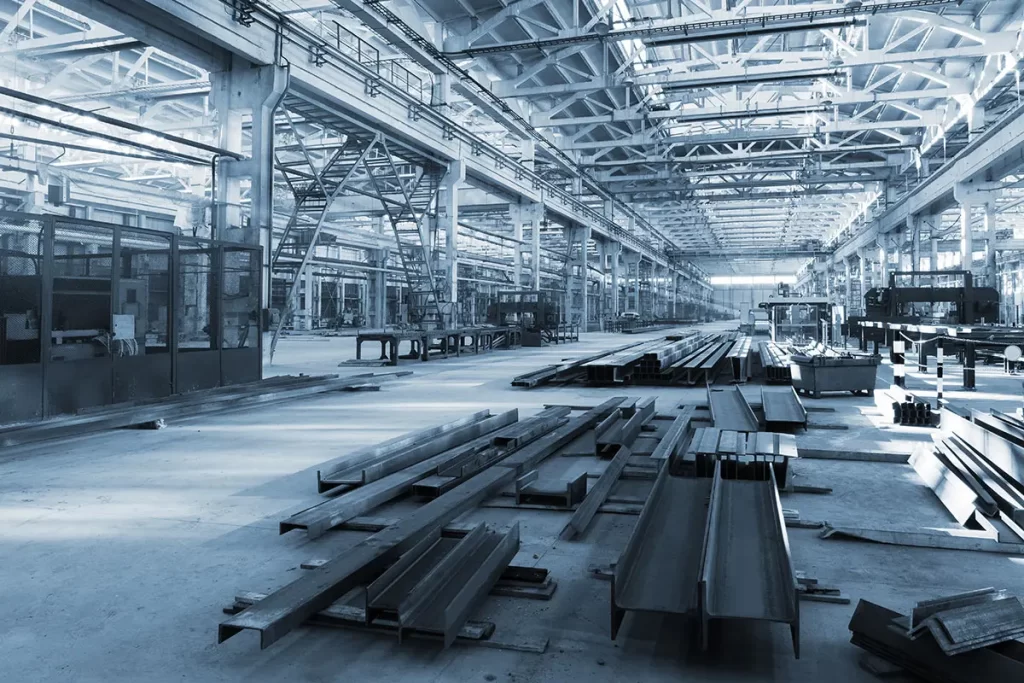
Metal
The metal surfaces treatment industry is comprised of a large variety of activities whose purpose is to treat metal surfaces, protecting them from corrosion, improving their resistance to wear and erosion, or enhancing their appearances with metallic coatings.
These activities or treatments can be grouped into two main categories:
- Cleaning processes and surface preparation (degreasing, pickling, …).
- Metallic coatings and obtaining surface finishes (electroplating, anodizing, immersion, …).
During these treatment processes, large amounts of wastewater or effluents of diverse composition are generated according to the treatment the metal surfaces have undergone.
Different technologies exist for treatment of wastewater and effluents generated by the metal surface treatment industry. Treatment choice will depend on the composition of the effluents as well as the objectives and environmental needs of the company: zero liquid discharge, water reuse, adjustment of discharge limits, obtaining by-products, etc.
Reverse osmosis produces water that can be returned in a closed circuit through a washing process. On the other hand, a concentration of nickel salts can be returned to process baths (90%-97%). Thus, nickel salts are saved in addition to other components of the bath such as rinse water. Reverse osmosis can be utilized in other processes such as brass, copper plating, silver, zinc, etc.
In addition, reverse osmosis can be employed in the regeneration of wash waters. Depending on flow rejections, with this system of reverse osmosis, one can obtain water between 100-500 μS/cm. This technique is applicable with diluted water from the majority of processes, with the exception of very oxidized baths.
Ion exchange resins permit the elimination of metal contaminants and the regeneration of rinse water, thus returning large amounts of high quality water with low ion content. This system returns the water to rinsing tanks through the design of the installation operating in a closed circuit. Recirculated rinses with ion exchange resins operating according to how they are intended, can work for a long time, with conductivities below 50 mS / cm, even below 5 mS / cm in the case of final rinses.
We at Fluid Sep Technologies provides turnkey solutions for the metal industries

